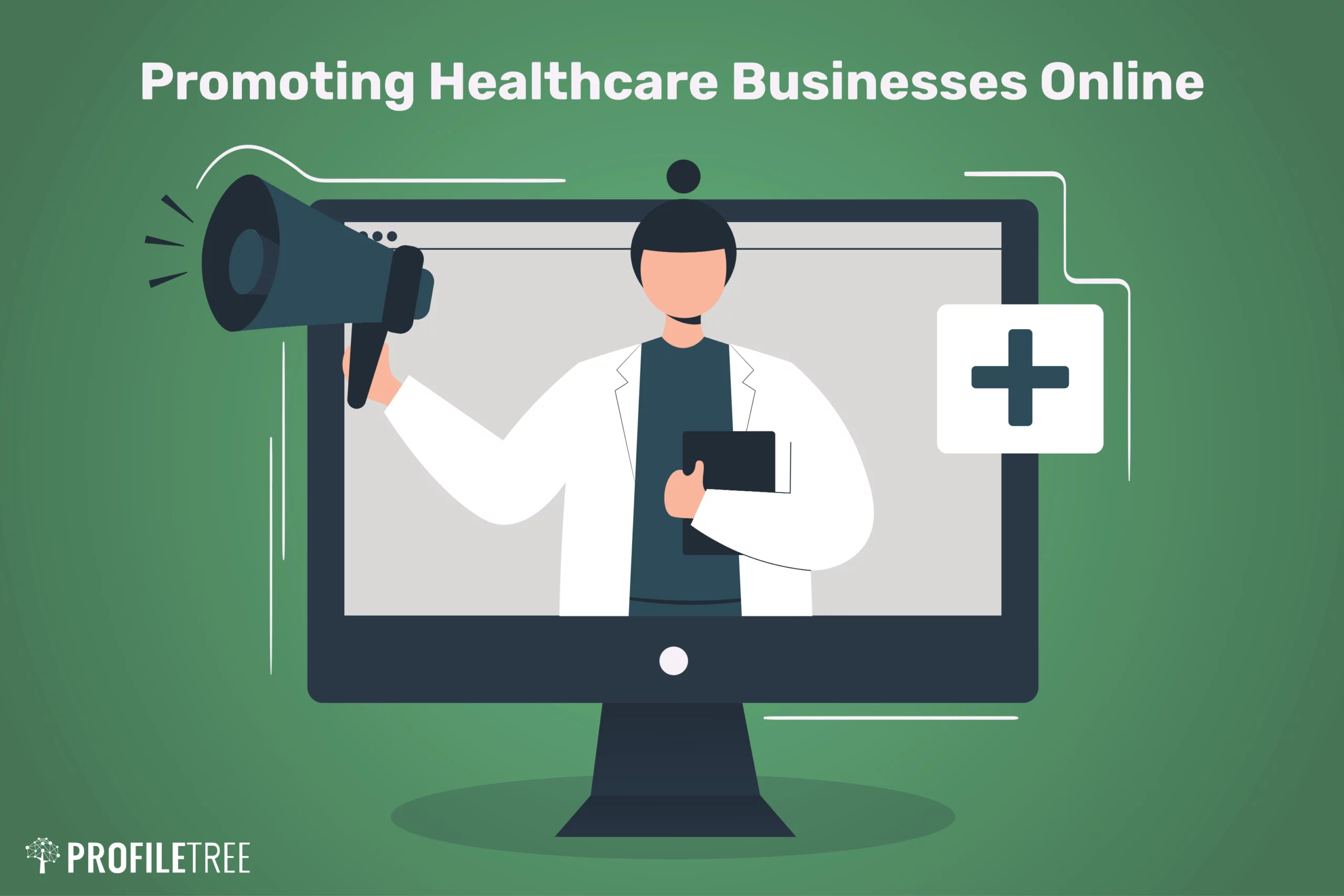The Future of Medication: Checking Out Subscription Based Healthcare Versions
The Future of Medication: Checking Out Subscription Based Healthcare Versions
Blog Article
The Increase of Subscription-Based Health Care and Its Impact on Individual Treatment
As healthcare develops, the subscription-based design is acquiring traction, guaranteeing to transform person care by providing predictability and access. The capacity for these designs to improve medical care distribution elevates pushing questions regarding their long-term sustainability and inclusivity. Are these membership solutions the future of medical care, or do they run the risk of leaving at risk populations behind?
Comprehending Subscription Healthcare Designs
Grasping the concept of registration healthcare models includes taking a look at a transformative method to clinical services that stresses price and accessibility. These designs, frequently referred to as straight medical care (DPC) or attendant medication, have become cutting-edge choices to traditional fee-for-service medical care systems. Membership health care enables patients to pay a set regular monthly or annual cost for a specified collection of medical services, which might include limitless workplace brows through, regular check-ups, and fundamental laboratory tests, without the need for typical insurance invoicing.
The structure of membership health care models is made to enhance client treatment by removing third-party payers and complicated invoicing codes, therefore minimizing administrative burdens. Healthcare suppliers can focus more on patient care, fostering stronger patient-provider partnerships. This design also advertises preventative care by motivating routine check outs, as the economic challenge of per-visit costs is eliminated.
The registration design often equips healthcare companies to take care of smaller person panels, permitting more individualized treatment. It straightens economic incentives with patient health and wellness outcomes, as companies are inspired to maintain client satisfaction and well-being. Generally, understanding registration healthcare models requires acknowledging their possible to improve just how care is provided and accessed.
Benefits for Individuals and Companies

For providers, subscription-based designs supply the possibility to strengthen patient-provider relationships. With a stable revenue stream, medical care professionals can dedicate more time per person, resulting in a much more detailed and individualized treatment experience. This design likewise decreases dependence above person volumes, reducing burnout and improving work fulfillment. Additionally, the focus on preventative care within subscription strategies can bring about much better client outcomes and lowered long-lasting health care prices. By focusing on continual treatment, providers can attend to problems prior to they rise, ultimately benefiting the health care system all at once by lowering the concern on emergency and severe treatment solutions.
Concerns and obstacles
While subscription-based medical care designs present various benefits, they additionally include a collection of obstacles and issues that need to be dealt with. Initially, access remains a significant problem, as these versions typically target people that can pay for regular monthly charges, potentially leaving out low-income populaces. This increases moral inquiries concerning fair access to medical care solutions. In addition, the varied nature of subscription plans can result in confusion among patients relating to protection specifics, possibly causing unmet expectations or insufficient treatment.
Financial sustainability of subscription-based designs is an additional problem. Suppliers have to stabilize the fixed revenue from memberships with the variable expenses of medical care solutions, which might change as a result of unanticipated medical requirements. This can create stress to restrict solutions or rise fees, potentially affecting patient contentment and care high quality.
In addition, regulative oversight of subscription-based health care versions is still advancing. Dealing with try this website these obstacles is important for the equitable and successful implementation of subscription-based health care.
Influence On Patient-Doctor Relationships
One significant influence of subscription-based healthcare versions on patient-doctor partnerships is the possibility for enhanced continuity and customized care. By taking on a registration model, doctors can take care of a smaller sized patient panel, permitting even more devoted time with each person. This boosted schedule cultivates a deeper understanding of an individual's clinical background, lifestyle, and choices, allowing much more customized therapy plans and treatments.

Nonetheless, it is crucial to identify that while subscription-based models might profit those who can manage them, they can inadvertently expand medical care disparities. Individuals who are not able to join these models could experience decreased accessibility to individualized care, possibly affecting their relationships with doctor. Therefore, while the subscription version uses promising benefits for patient-doctor relationships, it likewise presents obstacles that need to be dealt with to guarantee fair health informative post care access.
Future of Health Care Access

The role of innovation can not be ignored in this makeover. Telemedicine platforms and electronic health and wellness records promote smooth interaction between patients and medical care suppliers, damaging down logistical and geographical obstacles. In addition, advancements in expert system and information analytics can better individualize treatment by anticipating client needs and optimizing treatment strategies.
Nonetheless, the future of medical care gain access to additionally presents obstacles, such as making sure equity across various socio-economic teams. Policymakers and doctor must work together to link the digital divide, ensuring that subscription-based versions stay cost effective and comprehensive. As these systems mature, they hold the assurance of making medical care a lot more available, efficient, and patient-centric.
Verdict
Subscription-based medical care versions are reshaping patient treatment by giving a steady cost structure and improving ease of access. The rise of subscription-based health care urges aggressive individual involvement, which has the prospective to enhance client outcomes and complete satisfaction, signifying a transformative change in healthcare delivery.
As healthcare evolves, the subscription-based model is gaining grip, guaranteeing to revolutionize patient treatment by supplying predictability and access.Subscription-based healthcare versions use distinctive advantages for both clients and companies, boosting the general health care experience.As health care systems evolve, the future of health care accessibility frequently hinges on the integration of innovative designs and innovations.Subscription-based healthcare designs are improving person treatment by supplying a steady cost framework and improving availability. The rise of subscription-based health care motivates positive individual engagement, which has the possible to boost client end results and contentment, signaling a transformative change in healthcare shipment.
Report this page